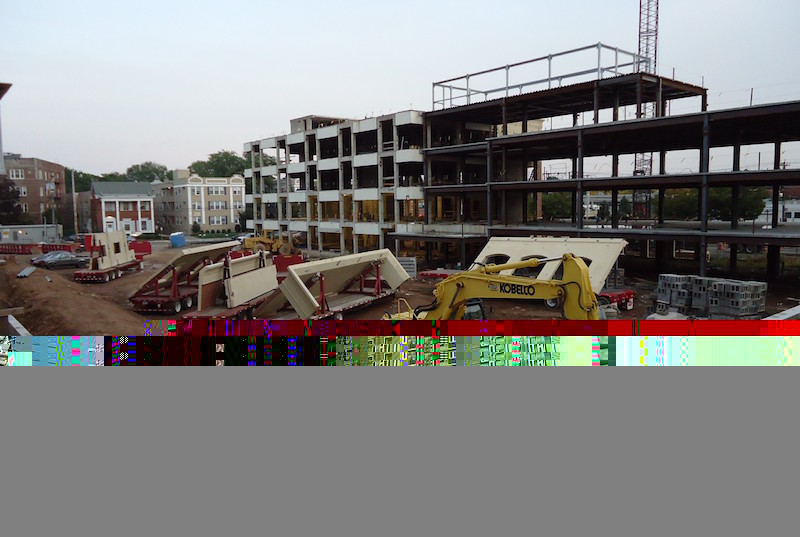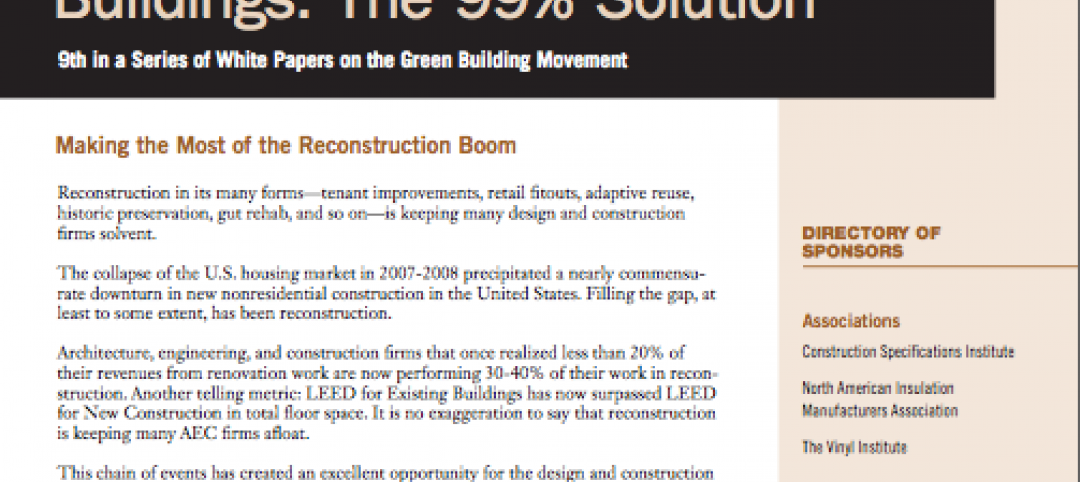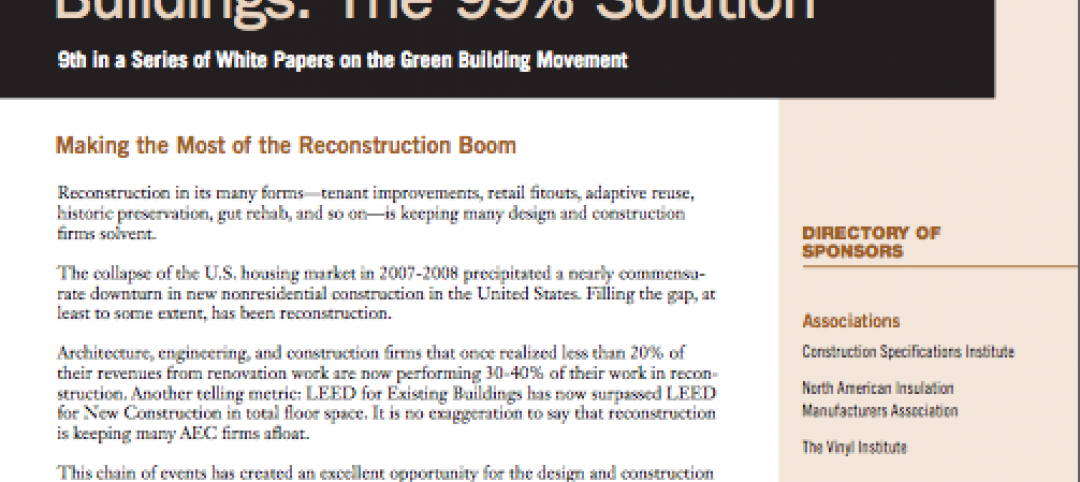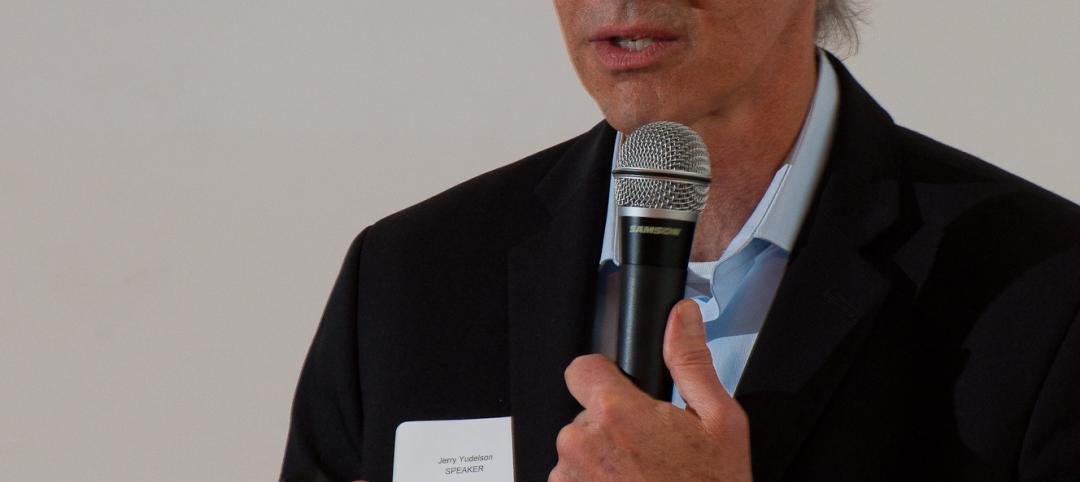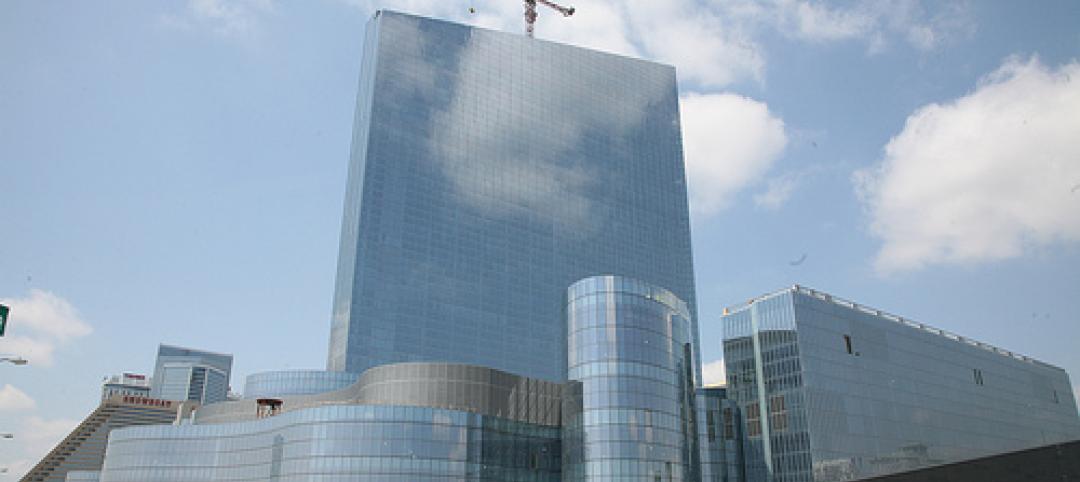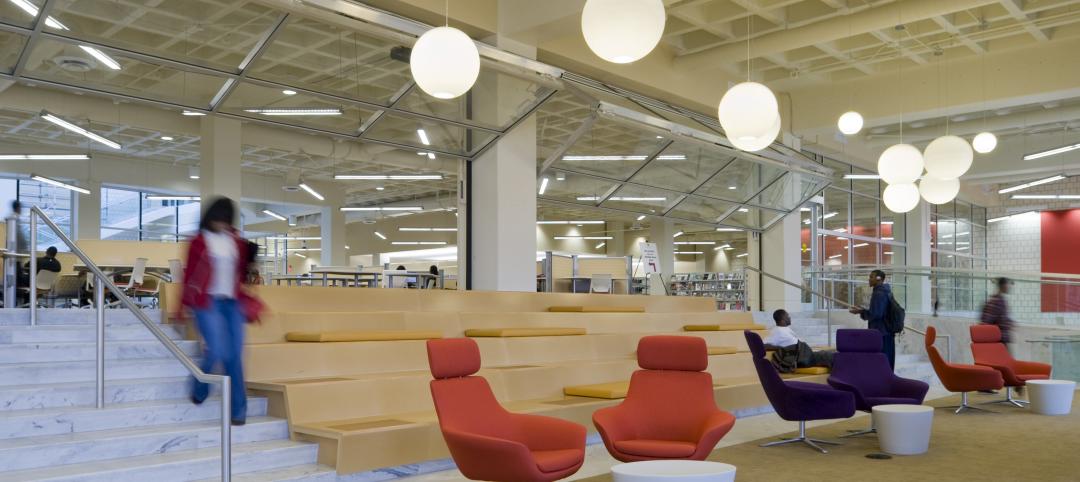Surveying members of the Construction Personnel Executives Group, FMI, reports that 24% of respondents will be unable to bid more work and 32% will experience slow growth if their companies cannot reasonably meet the need for skilled labor and tradespeople. Top executives at the largest contract firms in the U.S. took part in the survey.
“Overall, there’s an increase needed in skilled trade workers of more than 10% throughout the next three to 10 years,” says Ken Wilson, director for FMI, citing highlights from survey partipants. One large construction company says, "Our current hiring forecast shows a need for 8,500 additional craft workers by 2017.”
The top five positions that are expected to be the most difficult to fill are:
- Operator (heavy equipment)
- Welder (boilermaker)
- Carpenter
- Pipefitter
- Ironworker (reinforcing)
There are two significant contributing factors to the high demand for craft labor:
- The shift of the construction workforce to oil and gas related construction. FMI estimates that by 2017 nearly 10% of the total U.S. construction workforce will be part of this burgeoning segment of the industry.
- The number of survey respondents that plan to increase the amount of work the company self-performs. Currently, surveyed firms self-perform less than 40 percent of construction projects. However, 65 percent either have plans to or are considering plans to increase self-performed projects.
- This in-depth look into recruiting and retention of craft labor includes an analysis of the driving factors behind the skilled labor shortage, the most effective recruitment tactics and how companies are filling the demand for field management of the craft labor force. The report also provides practical counsel on how to develop human resource strategies to improve recruiting and retention rates.
To download a copy of the 2015 survey report, “Craft Labor Recruiting and Retention,” click here.
Related Stories
| May 10, 2012
Chapter 6 Energy Codes + Reconstructed Buildings: 2012 and Beyond
Our experts analyze the next generation of energy and green building codes and how they impact reconstruction.
| May 10, 2012
Chapter 5 LEED-EB and Green Globes CIEB: Rating Sustainable Reconstruction
Certification for existing buildings under these two rating programs has overtaken that for new construction.
| May 10, 2012
Chapter 4 Business Case for High-Performance Reconstructed Buildings
Five reconstruction projects in one city make a bottom-line case for reconstruction across the country.
| May 10, 2012
Chapter 3 How Building Technologies Contribute to Reconstruction Advances
Building Teams are employing a wide variety of components and systems in their reconstruction projects.
| May 10, 2012
Chapter 2 Exemplary High-Performance Reconstruction Projects
Several case studies show how to successfully renovate existing structures into high-performance buildings.
| May 9, 2012
Chapter 1 Reconstruction: ‘The 99% Solution’ for Energy Savings in Buildings
As a share of total construction activity reconstruction has been on the rise in the U.S. and Canada in the last few years, which creates a golden opportunity for extensive energy savings.
| May 9, 2012
International green building speaker to keynote Australia’s largest building systems trade show
Green building, sustainability consultant, green building book author Jerry Yudelson will be the keynote speaker at the Air-Conditioning, Refrigeration and Building Systems (ARBS) conference in Melbourne, Australia.
| May 9, 2012
Tishman delivers Revel six weeks early
Revel stands more than 730 feet tall, consists of over 6.3 milliont--sf of space, and is enclosed by 836,762-sf of glass.
| May 9, 2012
Stoddert Elementary School in DC wins first US DOE Green Ribbon School Award
Sustainable materials, operational efficiency, and student engagement create high-performance, healthy environment for life-long learning.
| May 9, 2012
Shepley Bulfinch given IIDA Design award for Woodruff Library?
The design challenges included creating an entry sequence to orient patrons and highlight services; establishing a sense of identity visible from the exterior; and providing a flexible extended-hours access for part of the learning commons.


